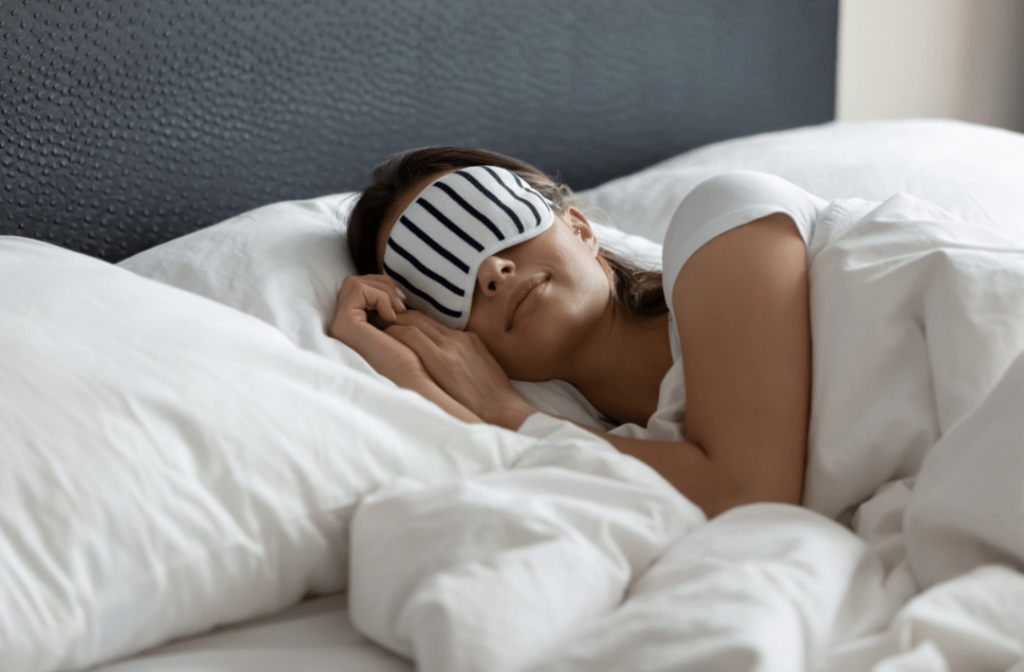Education & Career Trends: May 12, 2022
Curated by the Knowledge Team of ICS Career GPS

Content Credit:
- Article by Barbara Jacquelyn Sahakian, Christelle Langley, Jianfeng Feng and Wei Cheng, published on theconversation.com. Original article link.
Most of us struggle to think well after a poor night’s sleep – feeling foggy and failing to perform at our usual standard at school, university or work. You may notice that you’re not concentrating as well, or that your memory doesn’t seem up to scratch. Decades of bad sleep, however, may potentially lead to cognitive decline.
Bad sleep also affects people’s mood and behaviour, whether they are infants or older adults.
How much sleep does our brain need?
- Sleep is an important component of maintaining normal brain functioning. The brain re-organises and recharges itself during sleep.
- Along with removing toxic waste byproducts and boosting our immune system, sleep is also key for “memory consolidation”, during which new memory segments based on our experiences are transferred into long-term memory.
- An optimal quantity and quality of sleep enable us to have more energy and better wellbeing. It also allows us to develop our creativity and thinking.
- Researchers have noted that better sleep in babies of 3-12 months of age, is associated with better behavioural outcomes, such as being able to adapt to new situations or regulating emotions efficiently.
- These are important early building blocks for cognition, including “cognitive flexibility”, and are linked to wellbeing in later life.
Effects of disruption in regular sleep patterns
- Sleep regularity is linked to the brain’s “default mode network” (DMN), which is important for cognitive function.
- Disruption in this network may, therefore, have knock-on effects on cognition, such as interfering with concentration and memory-based processing, as well as more advanced cognitive processing.
- Alterations in sleep patterns, including difficulty falling and staying asleep, are significant characteristics of the ageing process.
- These sleep disturbances are highly plausible candidate contributors to cognitive decline and psychiatric disorders in older people.
Getting the right amount of sleep
- It was found that both insufficient and excessive sleep contributed to impaired cognitive performance.
- The key finding was that seven hours of sleep per night was optimal, with more or less than that bringing fewer benefits for cognition and mental health.
- People who slept that amount performed – on average – better on cognitive tests (including processing speed, visual attention and memory) than those who slept less or more.
How lack of sleep affects the functioning of an aging brain?
- The brain regions that are the most affected by sleep deprivation include the hippocampus, well known for its role in learning and memory, and areas of the frontal cortex, involved in top-down control of emotion.
- Age-related shrinkage of brain regions involved in the regulation of sleep and wakefulness contributes to sleep problems in later life.
- It may, for example, decrease the production and secretion of melatonin, a hormone that helps control the sleep cycle, in older adults.
- This finding supports evidence suggesting a link between sleep duration and the risk of developing Alzheimer’s disease and dementia.
- Getting enough sleep can also help alleviate the symptoms of dementia by protecting memory.
How to improve our sleep for optimal cognition and wellbeing?
- A good start is ensuring that the temperature and ventilation in your bedroom is good – it should be cool and airy.
- You should be in a calm and relaxed state when you are trying to fall asleep, so thinking about something pleasant and relaxing, such as the last time you were on the beach, works for many people.
…
Have you checked out yesterday’s blog yet?
How Schools Can Stem the Toxic Tide of Technology
(Disclaimer: The opinions expressed in the article mentioned above are those of the author(s). They do not purport to reflect the opinions or views of ICS Career GPS or its staff.)




2 Replies to “How much sleep do you need for optimal cognition and wellbeing?”